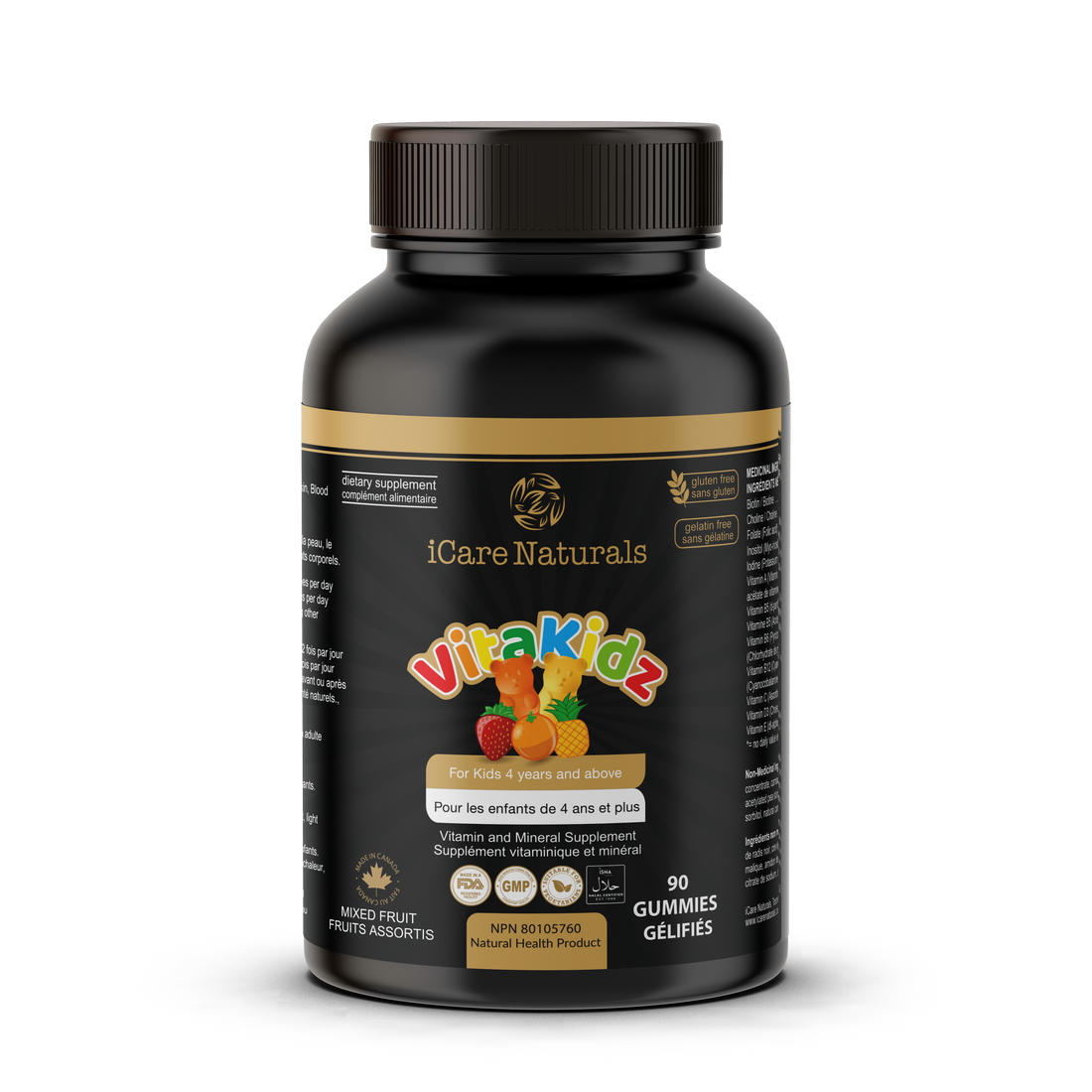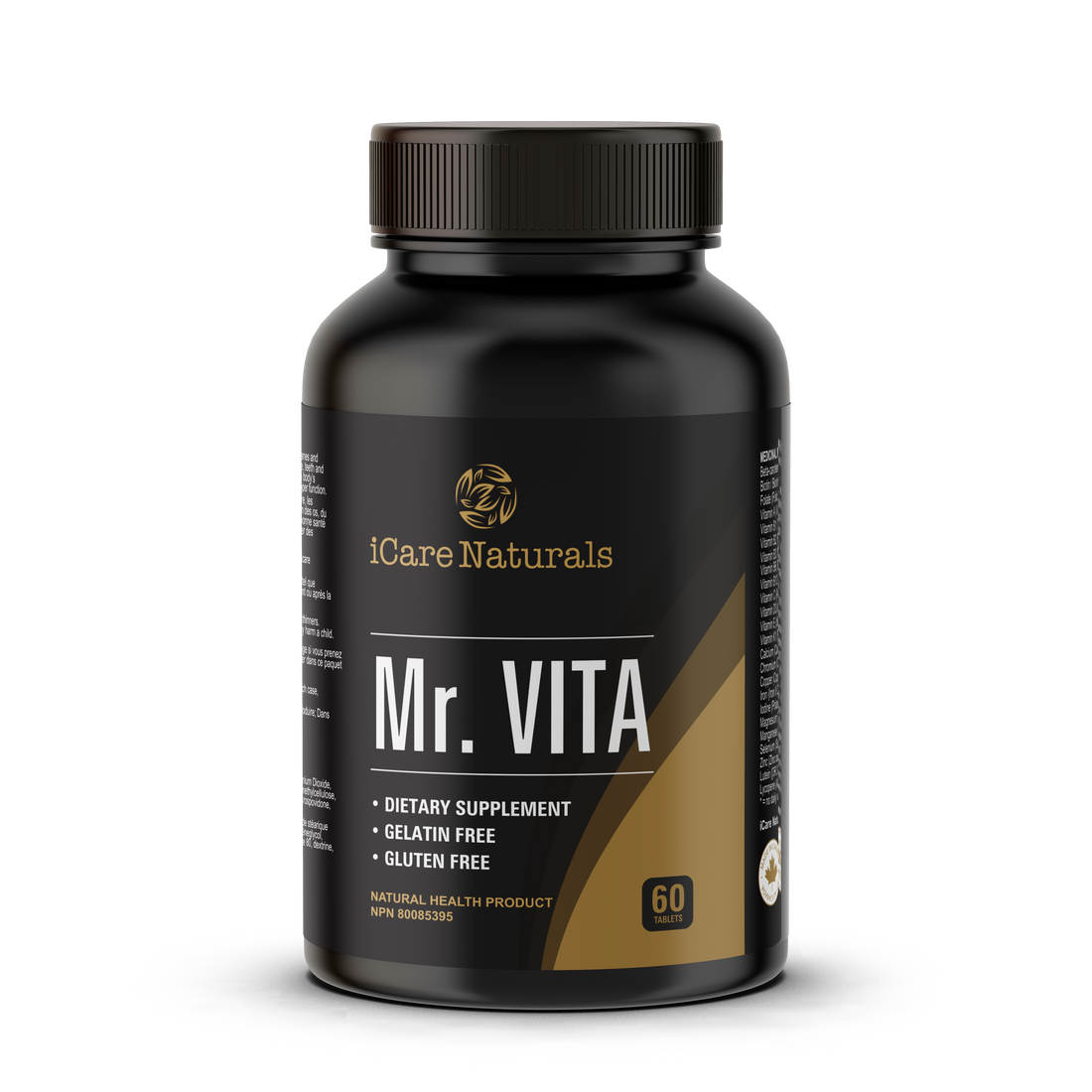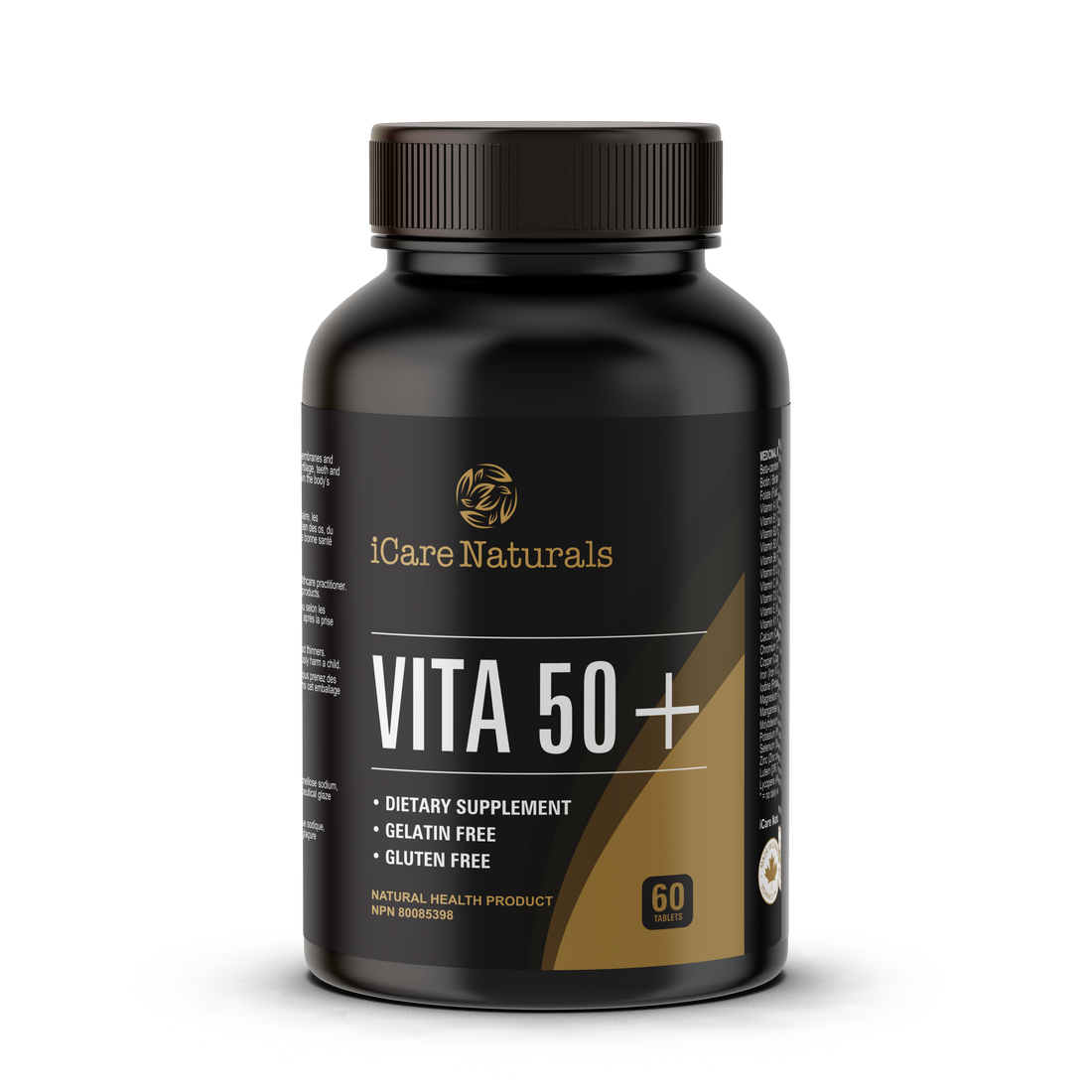It is quite easy to overlook the value of vitamins and supplements for kids. As a parent, you are always on the lookout for food that contains nutrients. However, some vitamins need to be taken as a supplement because they cannot be obtained from food alone, or your child’s daily intake is too low in order to meet requirements.
Multivitamins and importance
A multivitamin can help your child in many ways. A good quality multivitamin will contain lots of different vitamins and minerals that are beneficial to a growing body. The main reason why children need a vitamin D supplement is that they spend most of their time indoors. Children also have different requirements than adults due to their size and development stage so make sure you speak with your doctor before giving your little one any supplements or vitamins.
Calcium - Who Needs It and How Much?
Calcium is essential for healthy bones and teeth. It is also needed for muscle function, blood vessel tone, nerve transmission, hormone secretion and blood clotting. Calcium is found in dairy products, dark green leafy vegetables and tofu.
How Much: Ages 1-3: 600 mg per day; ages 4-8: 800 mg/day; ages 9-18 years old: 1,300 mg/day; adults (19+): 1,000 to 2,000 milligrams daily.
Fiber - Who Needs It and How Much?
It helps maintain bowel health and lowers cholesterol. Fiber is found in fruits, vegetables, grains, and beans. You just make sure you have enough fiber in your diet. Here are some ways to get more fiber:
- Eat lots of fruits and vegetables (think apples, oranges or broccoli)
- Add whole-grain foods like brown rice or barley to your meals as often as possible (brown rice is high on the glycemic index scale, which means it releases its sugars slowly over time, so you don't get an insulin spike after eating it). However, not all grains are equal—some contain more nutrients than others, such as oats vs. wheat products which can cause inflammation in our bodies if frequently consumed, so limit yourself to about one serving per day.
B12 and Other B Vitamins - Who Need It and How Much?
B vitamins are essential for brain development and the formation of red blood cells. They also help synthesize DNA, which is essential for cell division. The body does not produce B12 independently, so it's required from dietary sources or supplements.
B12 is the only vitamin that contains cobalt, a mineral that's essential to red blood cell formation. It's also needed for the synthesis of DNA and RNA, the creation of neurotransmitters (the chemical messengers in the brain), proper nerve function, energy production, and growth and development.
In fact, B12 deficiency can lead to anaemia (a lack of red blood cells), weakness due to inadequate folate levels (another B vitamin), depression, memory loss and dementia.
The U.S.-based Institute of Medicine recommends that adults get 2mcg per day for men aged 19 years through 50 years old; 2.4 mcg per day for men 51 years and older; 1.8 mcg per day for women ages 14 years through 50 years old; 2 mcg per day for women 51 years or older; 0.9 mcg per day while pregnant or breastfeeding; plus infants need 0-2mcg daily depending on their age.
Vitamin D - Who Needs It and How Much?
Vitamin D is important for healthy bones and teeth, as well as for helping your body absorb calcium. Vitamin D also helps keep your immune system healthy. Vitamin D can be found in foods or taken as a supplement.
Vitamin D is needed because it promotes the absorption of calcium and phosphorus from food, which builds strong bones and teeth for children who are growing rapidly during adolescence. The vitamin is also essential for good muscle function and aids in keeping blood pressure normal.
Vitamin E - Who Needs It and How Much?
Vitamin E is a fat-soluble vitamin that helps protect cells from the effects of free radicals and may also be good for your heart. It improves blood flow, makes red blood cells more efficient at carrying oxygen to tissues, and reduces the risk of heart disease by keeping arteries flexible. Foods that have lots of vitamin E include nuts, seeds, vegetable oils (such as olive oil), and whole grains (like brown rice).
Takeaways
- Multivitamins are a good way to ensure your child gets all the vitamins and minerals he or she needs
- Calcium is important for growth, so make sure your child has plenty of dairy products in his or her diet. If a multivitamin isn't enough, you can always add an additional calcium supplement
- Fiber helps digestion, so it's beneficial for kids to eat foods like whole grains, fruits, and vegetables that are high in fiber (and low in sugar)
- Vitamin D is essential for growth and development, so make sure your kid gets enough of this through sunlight or supplementation
The best thing you can do for your children is to make sure they have all the vitamins and minerals they need. By taking a few simple steps like eating more fruits, vegetables, and whole grains; drinking lots of water; getting plenty of exercise, and being sure they get enough sleep every night, it will be easy for everyone in your family to stay healthy, including the kids!
Disclaimer: the content in this article is solely for informational purposes and is not intended to be medical advice. You should speak with your Physician or other qualified healthcare service provider before use of any medication. Always read and follow the label.










